Mr. David Mugonyi is the Director General and Chief Executive Officer of the Communications Authority of Kenya (CA). He assumed office on January 15th, 2024.
Mr. Mugonyi has over 20 years of experience in leadership roles spanning public service, media, and strategic communications.
Prior to his appointment, Mr. Mugonyi served in various capacities, including leading strategic communications for the Government of Kenya for over a decade.
As the Head of the Presidential Communications Service, he played a pivotal role as the primary advisor on communications, perception and reputation management at the highest level in the Republic of Kenya.
Mr. Mugonyi had a stellar career in the media, starting as a reporter and rising through the ranks to senior editorial roles at Kenya’s leading media house, the Nation Media Group.
In recognition of his distinguished service to the nation, Mr. Mugonyi was feted with the Elder of the Order of the Burning Spear (EBS) award, by the President of Kenya, H.E Uhuru Kenyatta, in 2016.
He holds a Masters Degree in International Journalism from City University in the United Kingdom, a Bachelors Degree in Education from the University of Nairobi and a Postgraduate Diploma in Mass Communication from the same institution.





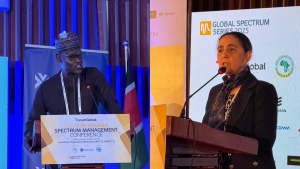
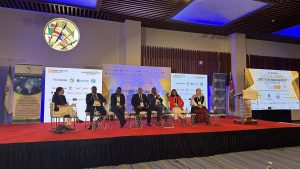
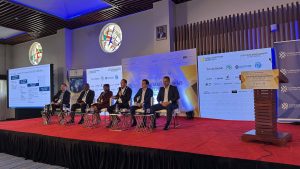
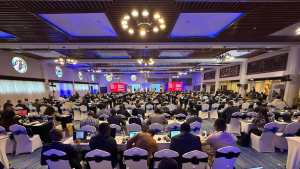
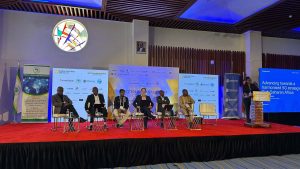
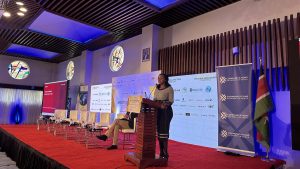
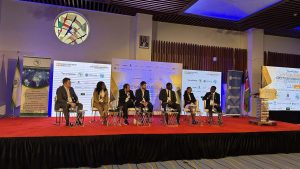
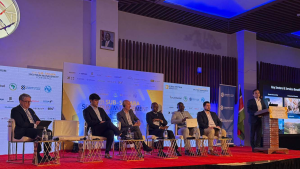
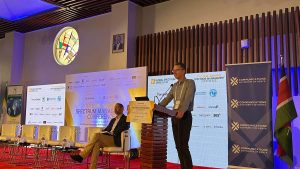
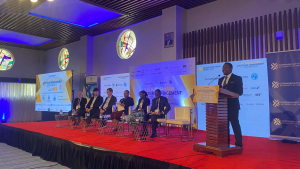
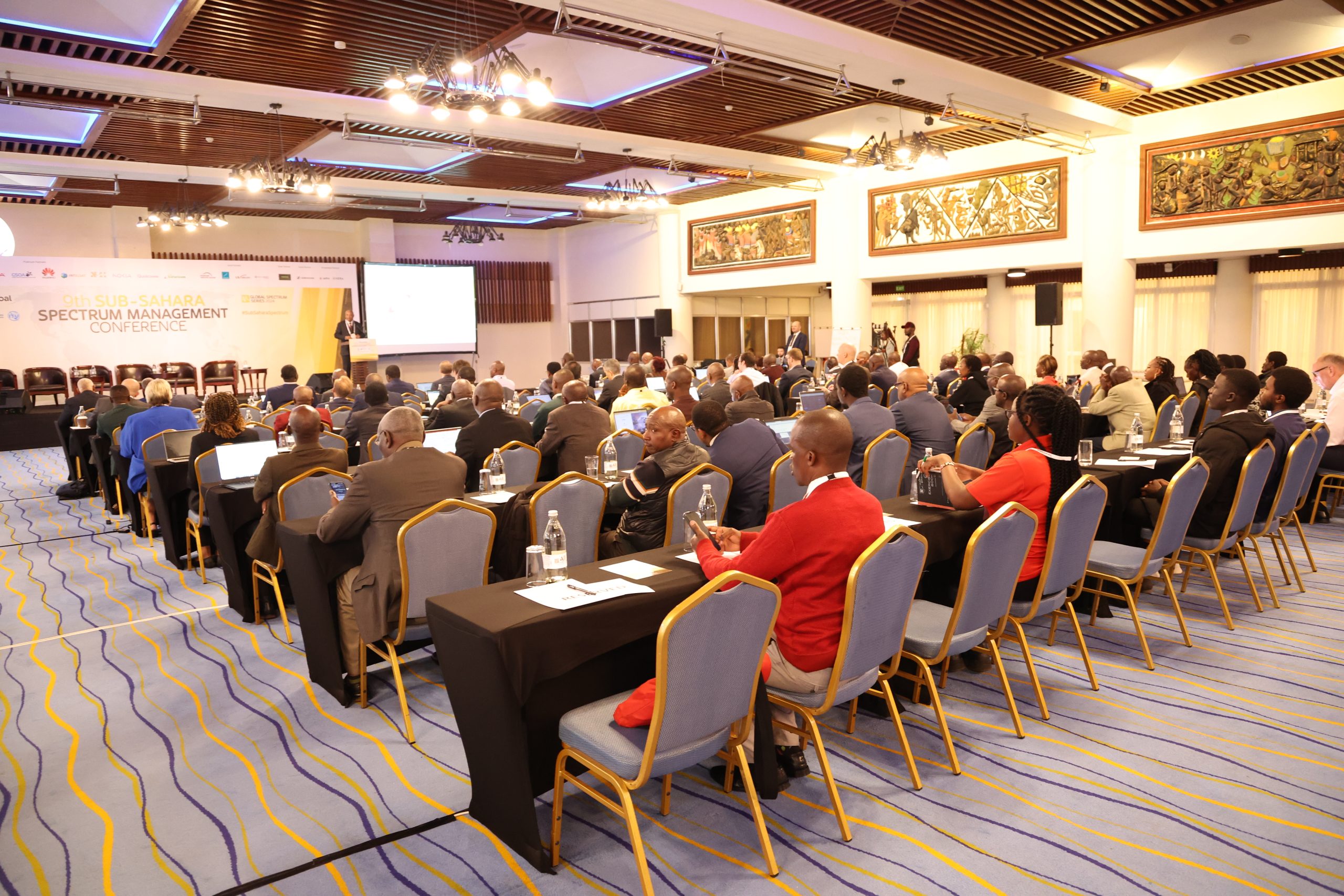
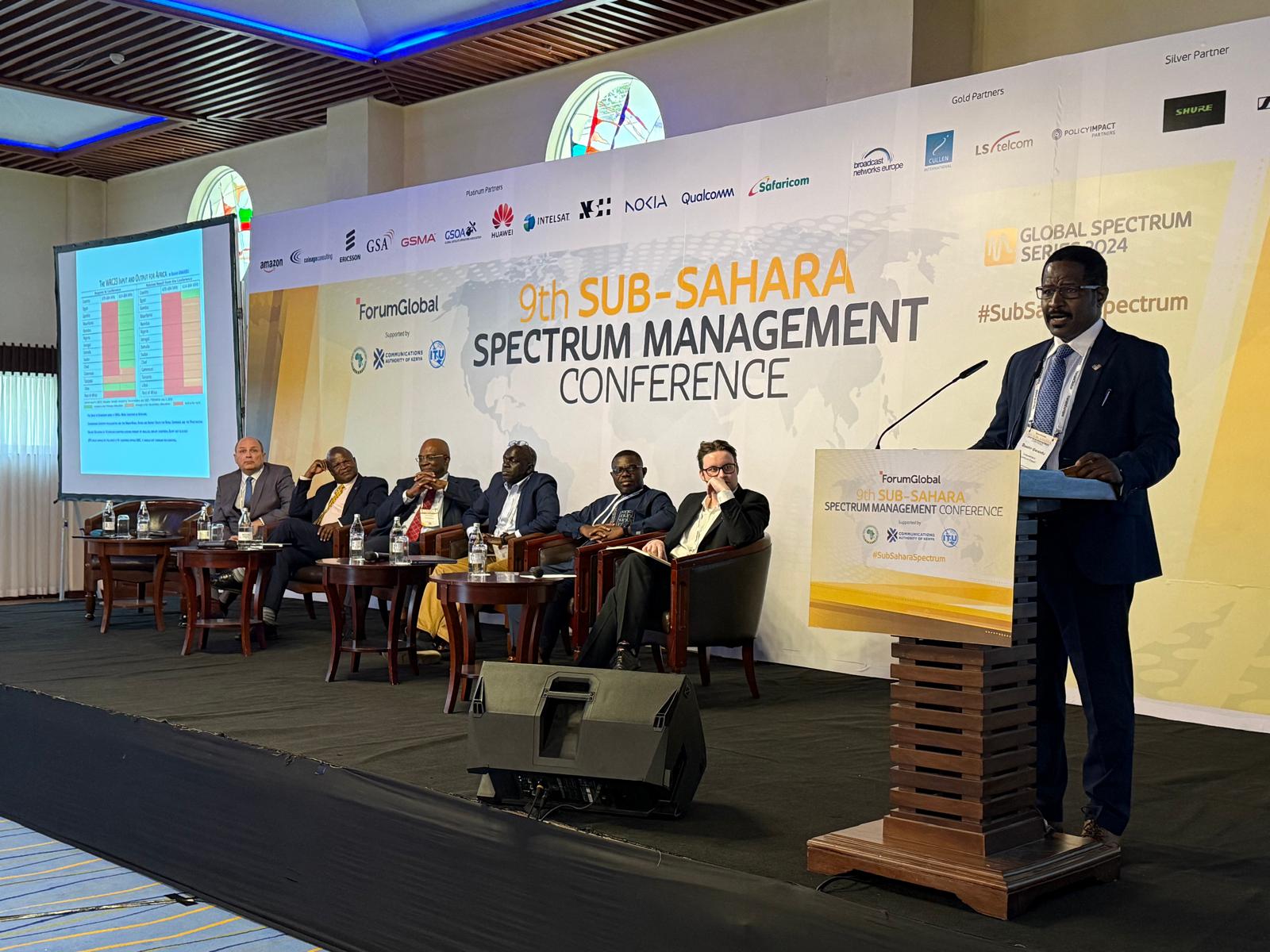

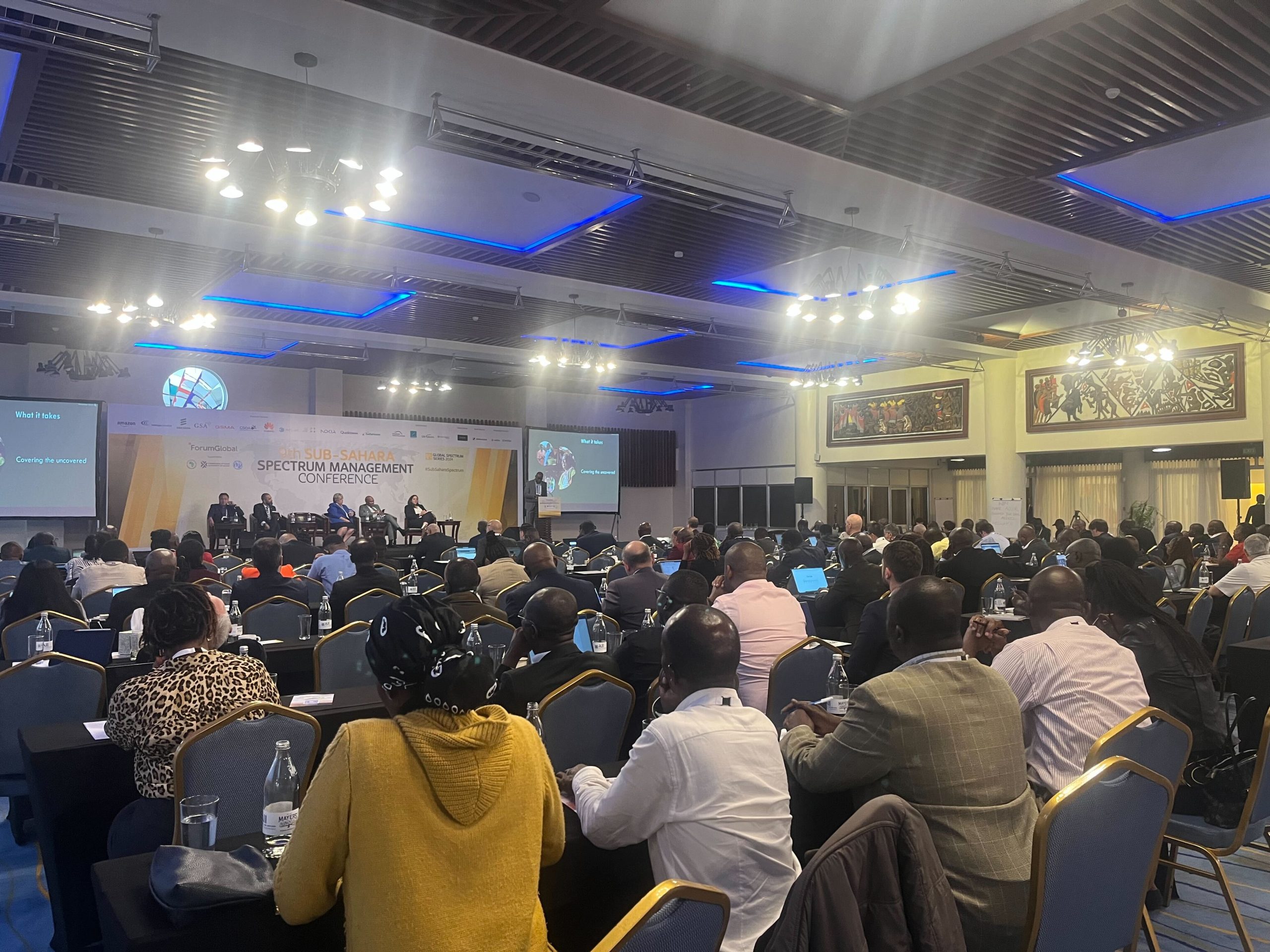











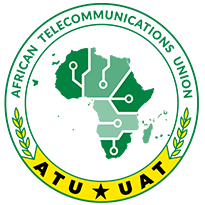







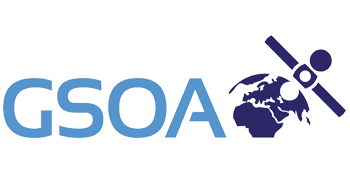



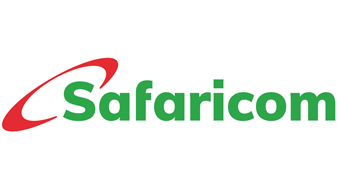










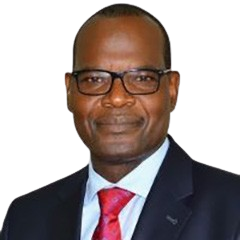
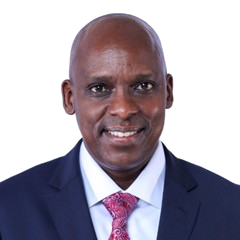




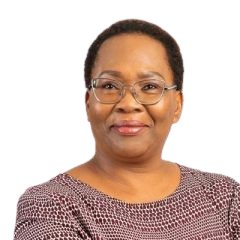
 Basebi Moisinyi, Deputy Director Spectrum Management, BOCRA
Basebi Moisinyi, Deputy Director Spectrum Management, BOCRA 


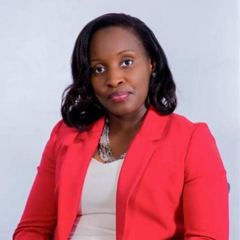 Lucy Nyakwera, Telecommunications Engineer, UCC Uganda
Lucy Nyakwera, Telecommunications Engineer, UCC Uganda 
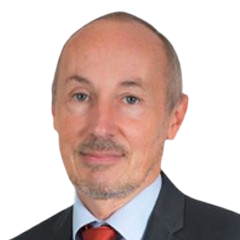








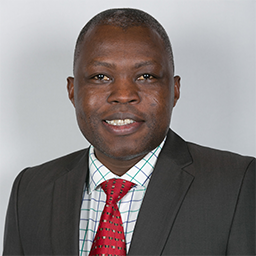 Bienvenu Agbokponto Soglo, Chair of the GSA ATU Spectrum Team, GSA
Bienvenu Agbokponto Soglo, Chair of the GSA ATU Spectrum Team, GSA 








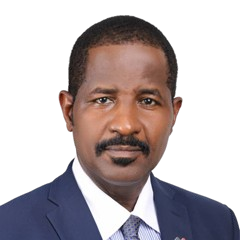


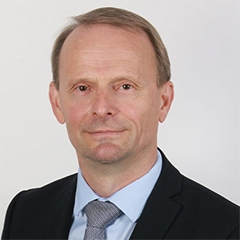 Nikolai Vassiliev, Chief of Terrestrial Services Department, ITU
Nikolai Vassiliev, Chief of Terrestrial Services Department, ITU 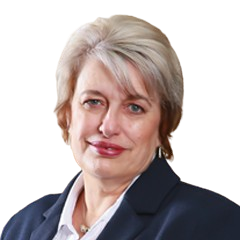
 Ronel le Grange, Executive, Engineering & Technical Services, Communications Regulatory Authority of Namibia (CRAN)
Ronel le Grange, Executive, Engineering & Technical Services, Communications Regulatory Authority of Namibia (CRAN) 
 Ntombiza Sithole, Councillor, ICASA
Ntombiza Sithole, Councillor, ICASA 

 Kezias Mwale, Radiocommunications Coordinator, ATU
Kezias Mwale, Radiocommunications Coordinator, ATU 

 Dennis Sonoiya, Principal Officer / Data Management, CA Kenya
Dennis Sonoiya, Principal Officer / Data Management, CA Kenya 
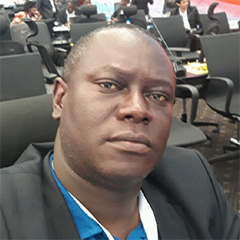 Luc Lukomba, Head of Frequency Assignment Department, ARPTC, DRC
Luc Lukomba, Head of Frequency Assignment Department, ARPTC, DRC 
 Ahmed Boraud, Director, Radiocommunications, ARCEP Niger
Ahmed Boraud, Director, Radiocommunications, ARCEP Niger 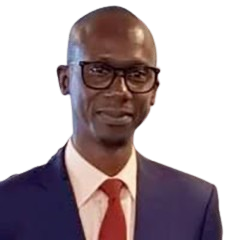
 Mandialy Bodian, Head of Spectrum Management Department, ARTP Senegal
Mandialy Bodian, Head of Spectrum Management Department, ARTP Senegal 
 Jean-Pierre Faisan, Chair, Communications Working Group, Broadcast Networks Europe
Jean-Pierre Faisan, Chair, Communications Working Group, Broadcast Networks Europe 
 Graham Friend, Co-founder and Managing Director, Coleago Consulting
Graham Friend, Co-founder and Managing Director, Coleago Consulting 
 Cesar Gutierrez Miguelez, Head of Africa Regulatory Policy, Huawei
Cesar Gutierrez Miguelez, Head of Africa Regulatory Policy, Huawei 
 Kamal Tamawa, Director, Spectrum & Industry Services, Sub-Saharan Africa, GSMA
Kamal Tamawa, Director, Spectrum & Industry Services, Sub-Saharan Africa, GSMA 

 Hazem Moakkit, Vice President, Spectrum Strategy, Intelsat
Hazem Moakkit, Vice President, Spectrum Strategy, Intelsat 
 Helen Kyeyune, Lead, Licensing and Regulatory Affairs, EMEA, Amazon Project Kuiper
Helen Kyeyune, Lead, Licensing and Regulatory Affairs, EMEA, Amazon Project Kuiper 
 Ivan Suarez, Director, Regulatory and Policy, Newsky.plus
Ivan Suarez, Director, Regulatory and Policy, Newsky.plus 
 Rihab Rabbaj, Business Research Analyst, Cullen International
Rihab Rabbaj, Business Research Analyst, Cullen International 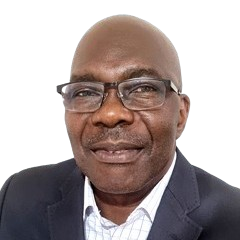
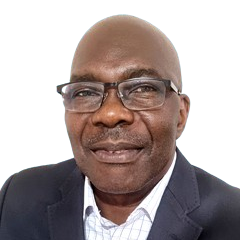 Mortimer Hope, Associate Director and Africa Lead, Policy Impact Partners
Mortimer Hope, Associate Director and Africa Lead, Policy Impact Partners 

 Ali Cheema, Director Spectrum Regulations, Ericsson
Ali Cheema, Director Spectrum Regulations, Ericsson 
 Guillaume Mascot, Senior Manager, Global Regulatory Policy, Shure
Guillaume Mascot, Senior Manager, Global Regulatory Policy, Shure 


























































































